Designed for rapid, initial, effective weight loss, this ketosis-inducing phase can last up to 12 weeks. If, after 12 weeks, you still have significant weight to lose, follow the Transition Phase for a minimum of 2 weeks before repeating the Intensive Phase. Seek advice from a healthcare professional if you want to stay in this phase longer.
Average weight loss in 26 weeks
OPTIFAST patients who actively participated in a 26-week medically-monitored program typically lost about 13.5kg.
Double the weight loss
Compared to a reduced caloried food-based* program
Average loss of fat mass
Compared to a 4.4 kg loss observed in people on a reduced-calorie food-based program
Decrease in waist size
Compared to a 7.7 cm decrease seen in people on a reduced-calorie food-based program
Double the weight loss
Compared to a reduced caloried food-based* program
Average loss of fat mass
Compared to a 4.4 kg loss observed in people on a reduced-calorie food-based program
Decrease in waist size
Compared to a 7.7 cm decrease seen in people on a reduced-calorie food-based program
Average weight loss in 26 weeks
OPTIFAST patients who actively participated in a 26-week medically-monitored program typically lost about 13.5kg.

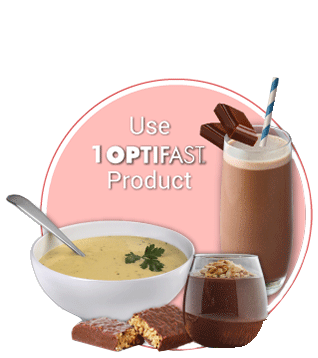

Make sure to consume the below everyday to ensure a nutritionally balanced diet
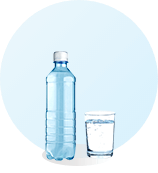


Below you will find all the other types of food that you can eat, and what you should avoid, during this Phase
Allowed FoodThis phase allows you to replace one OPTIFAST® meal with a regular one, cooked using a choice of healthy recipes.
Average weight loss in 26 weeks
OPTIFAST patients who actively participated in a 26-week medically-monitored program typically lost about 13.5kg.
Double the weight loss
Compared to a reduced caloried food-based* program
Average loss of fat mass
Compared to a 4.4 kg loss observed in people on a reduced-calorie food-based program
Decrease in waist size
Compared to a 7.7 cm decrease seen in people on a reduced-calorie food-based program
Double the weight loss
Compared to a reduced caloried food-based* program
Average loss of fat mass
Compared to a 4.4 kg loss observed in people on a reduced-calorie food-based program
Decrease in waist size
Compared to a 7.7 cm decrease seen in people on a reduced-calorie food-based program
Average weight loss in 26 weeks
OPTIFAST patients who actively participated in a 26-week medically-monitored program typically lost about 13.5kg.


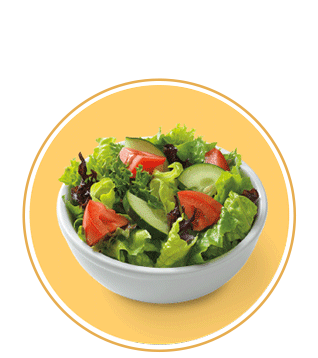
Make sure to consume the below everyday to ensure a nutritionally balanced diet
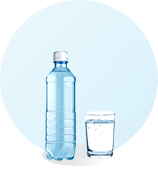
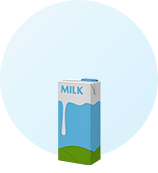


Below you will find all the other types of food that you can eat, and what you should avoid, during this Phase
Allowed FoodDuring this phase, you only need to eat one OPTIFAST® meal a day, with two meals being regular ones, cooked using a choice of healthy recipes.
Average weight loss in 26 weeks
OPTIFAST patients who actively participated in a 26-week medically-monitored program typically lost about 13.5kg.
Double the weight loss
Compared to a reduced caloried food-based* program
Average loss of fat mass
Compared to a 4.4 kg loss observed in people on a reduced-calorie food-based program
Decrease in waist size
Compared to a 7.7 cm decrease seen in people on a reduced-calorie food-based program
Double the weight loss
Compared to a reduced caloried food-based* program
Average loss of fat mass
Compared to a 4.4 kg loss observed in people on a reduced-calorie food-based program
Decrease in waist size
Compared to a 7.7 cm decrease seen in people on a reduced-calorie food-based program
Average weight loss in 26 weeks
OPTIFAST patients who actively participated in a 26-week medically-monitored program typically lost about 13.5kg.
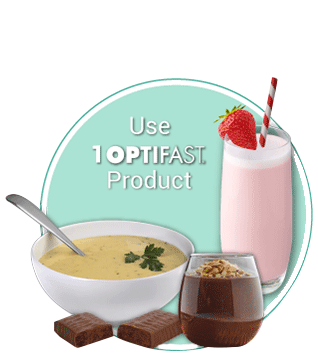

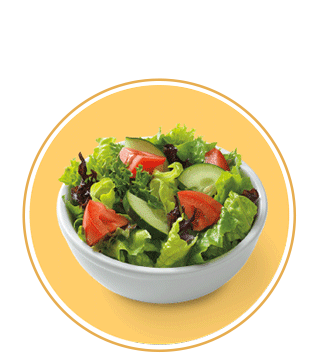
Make sure to consume the below everyday to ensure a nutritionally balanced diet
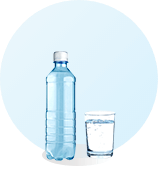
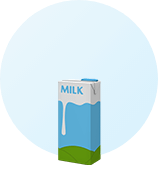


Below you will find all the other types of food that you can eat, and what you should avoid, during this Phase
Allowed FoodDuring this phase, you no longer need OPTIFAST® meals! Here you will learn to maintain your healthier lifestyle and monitor and adjust your meal plan for long-term weight management.
Average weight loss in 26 weeks
OPTIFAST patients who actively participated in a 26-week medically-monitored program typically lost about 13.5kg.
Double the weight loss
Compared to a reduced caloried food-based* program
Average loss of fat mass
Compared to a 4.4 kg loss observed in people on a reduced-calorie food-based program
Decrease in waist size
Compared to a 7.7 cm decrease seen in people on a reduced-calorie food-based program
Double the weight loss
Compared to a reduced caloried food-based* program
Average loss of fat mass
Compared to a 4.4 kg loss observed in people on a reduced-calorie food-based program
Decrease in waist size
Compared to a 7.7 cm decrease seen in people on a reduced-calorie food-based program
Average weight loss in 26 weeks
OPTIFAST patients who actively participated in a 26-week medically-monitored program typically lost about 13.5kg.



Make sure to consume the below everyday to ensure a nutritionally balanced diet
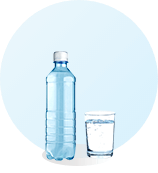
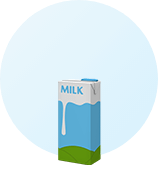


Below you will find all the other types of food that you can eat, and what you should avoid, during this Phase
Allowed Food

Your weight-loss success is important to us. When you join our community, we offer you everything you need to embark on a healthy, sustainable weight-loss journey.